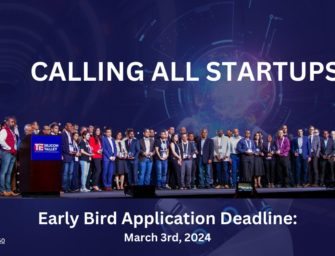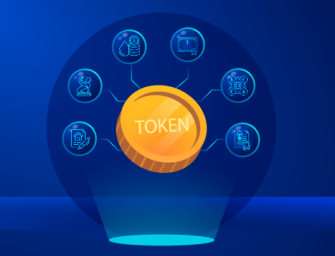Puerto Rico Votes for US Statehood
With 97% of votes favoring statehood, an increase over the 2012 referendum results, Puerto Rico has, for the fifth time, claimed the right to become the 51st state of the United States. The Caribbean island’s Governor, Ricardo Rossello said in a news release that Puerto Rico was sending a strong message to the United States, and asked for equal rights as US citizens.
While Puerto Ricans may be US citizens, they cannot vote. They can be sent into battle, but cannot elect the president who sends them. They have mass unemployment and a poverty rate twice as high as the US’s poorest state. After announcing that Puerto Rico could not pay back its $72 billion debt in June 2015, the territory government raised taxes to 11.5%. Debt is currently at $73 billion, substantially higher than Detroit’s $18 billion. The island does not pay federal tax, but nor does it receive the same federal funding as US states. Statehood for Puerto Rico could mean more money from federal spending on programs, which could help the island’s economy bounce back. After many years as a colony, Puerto Ricans are demanding the same rights as citizens on the mainland.
A History of Colonization
A Spanish colony for 400 years, Puerto Rico was named ‘rich port’ as the Spanish mined for gold and established agricultural plantations, using the local Taino Indians as slave labor. After the Spanish-American War in 1898, the island came under US control. In 1950, a federal law helped clarify a relationship between the United States and Puerto Rico, before a vote in 1952 when the island become an official US commonwealth. As a commonwealth, Puerto Rico has its own constitution, however, the island is still under the control of the US, and bound by some particularly negative rules.
The Jones Act, which requires everybody in Puerto Rico to buy goods from an American-made ship, with an American crew, limits business owners and increases the price of goods. According to local business owner Joel Franqui speaking to PBS in 2015, even products made in Puerto Rico, which are bottled in the US, have to be shipped into the United States and then bought back at a higher cost. With the island bankrupt and prices rising, it is no wonder many people have simply chosen to migrate to the United States.
Migration to the Mainland
As of 2016, there are 3.4 million people living on the island, and more than 5 million Puerto Ricans living on the US mainland. In 2015, 89,000 Puerto Ricans moved to the US mainland. According to analysis by the Puerto Rico Institute of Statistics, it was a record high, although some 25,000 returned to the island, the same year. Either way, there is a trend towards migration to the United States. As citizens, Puerto Ricans do not need visas or passports to move, and the lure of better jobs, higher wages and more opportunities is enticing.
However, this leaves fewer people on the island to fix the economy. Fewer people means lower birth rates and less tax revenue to help pay off the enormous debt. According to Edwin Melendez, director of the Center for Puerto Rican Studies at Hunter College in New York, this leads to what Puerto Ricans see as a ‘brain drain’ where young professionals are leaving for the mainland and not returning. However, it’s not just professionals, he told CNN, many labor workers and families are leaving too. It’s this situation that Governor Rossello hopes to change.
Political situation
Four days after the referendum, Rossello arrived in Washington DC to campaign for statehood. Part of the New Progressive Party, Rossello has called on the Trump administration to hear their demands. “We have had US citizenship for 100 years,” he said. “But it’s been a second class one.” Elected in January on a platform of achieving statehood, Rossello told the Post he was glad the White House was taking the results seriously, as Sean Spicer said at a press briefing that it was something Congress had to address.
The results are still a source of controversy, however, as only one-quarter of Puerto Ricans turned out to vote. Historically, the turnout has been at 70 – 80% but some of the major parties who opposed the referendum boycotted the event. Angelo Falcon, president of the National Institute on Latino Policy and Politics said the referendum was a ‘sham.’ Rossello said that half a million people came out to vote and that government serves the people who participate. Rossello said making Puerto Rico the 51st state would close the ‘final, shameful chapter of colonialism,’ and be a benefit to the island and the mainland. Puerto Rico could become the first US Hispanic state with a bilingual population and a gateway to Latin America and the Spanish Speaking word, he said. “I see it as a destination for economic growth and diplomacy.”














There are no comments
Add yours